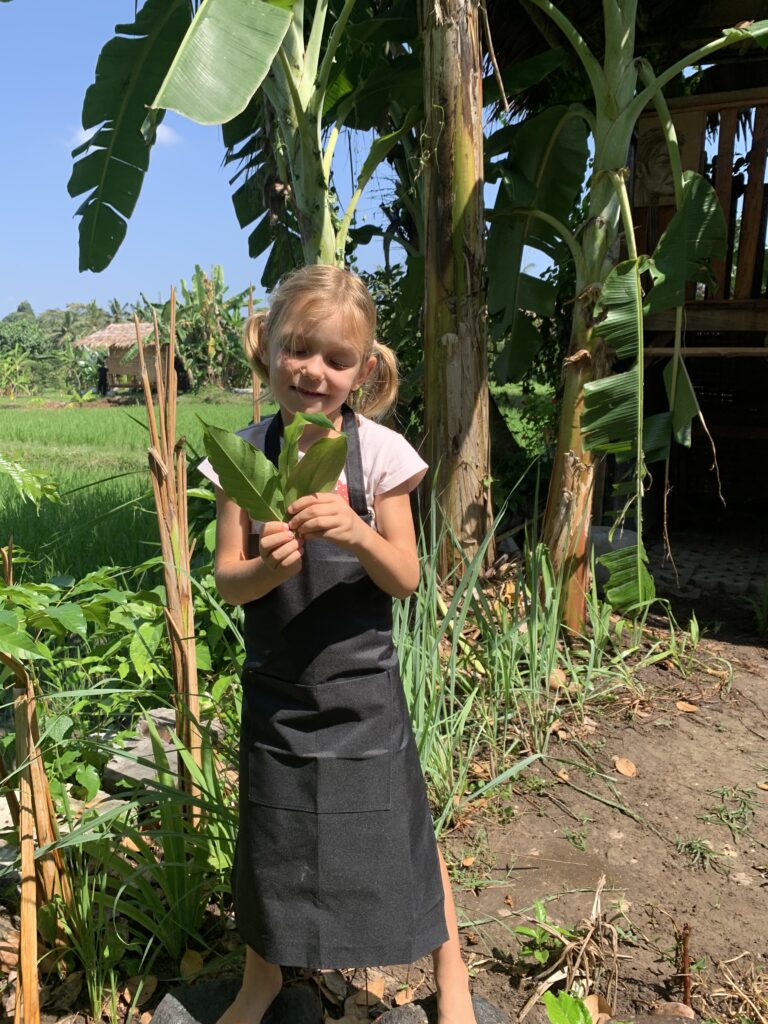At Empathy School, the integration of gardening into the curriculum for all levels is not just an enrichment activity; it’s a cornerstone of their educational philosophy. Consider a classroom where every math lesson, every science experiment, even language arts, can somehow trace its roots back to the garden. It’s a unique framework, yet fundamentally intuitive.
A study conducted by the American Horticultural Society found that students who participated in school gardening programs not only showed improvements in science test scores but also exhibited enhanced attitudes towards environmental stewardship and increased consumption of fruits and vegetables. This research suggests that the benefits of integrating gardening into educational curriculums extend far beyond the immediate joys of planting and harvesting.
At Empathy School, gardening is woven through each grade level with age-appropriate complexities. For younger students, simple activities like planting seeds and learning about the parts of a plant introduce basic biological concepts. As students grow, so does the depth of their interactions with the garden. Middle school students might explore the biochemistry of photosynthesis or the mathematics of plant growth patterns, turning abstract concepts into tangible, living examples.
This holistic approach not only enriches the educational experience but also fosters a connection with the environment that lasts a lifetime. By the time students reach their senior years at Empathy School, they are not just students of the garden; they are its stewards, capable of applying their knowledge to complex environmental issues. This method of teaching—grounded in the natural world and guided by hands-on learning—prepares students not just for tests, but for life. It instills a sense of responsibility and a connection to the earth that textbooks alone could never achieve.
In the lush green expanses of Bali, where nature intertwines seamlessly with daily life, Empathy School has initiated a program that not only cleans up the campus but extends its reach to the surrounding natural areas. This program isn’t just about picking up litter; it’s a meticulously designed educational experience that aims to cultivate a profound sense of environmental responsibility among students.
On a bright, clear morning at Empathy School, the campus buzzed with a special kind of energy. Students equipped with gloves and bags were ready to embark on a mission not just to clean but to learn. They fanned out across the school grounds and nearby natural habitats, each step and pick a lesson in environmental responsibility.
As the students dispersed, Mrs. Lee gathered a small group around her. “Alright everyone, remember why we’re here today,” she began, her voice ringing with enthusiasm. “Every piece of trash we collect makes a big difference.”
Curious, Jake held up a plastic wrapper he had just picked up. “Why is this little wrapper such a big deal?”
Mrs. Lee smiled, pleased with the question. “That’s a great question, Jake! Even something as small as that wrapper can cause harm. It might seem harmless, but it can be dangerous to wildlife and pollutes our environment.”
Emma, peering into the underbrush for more trash, turned her head. “So, when it rains, does all this stuff wash into our rivers and oceans?”
“Exactly!” Mrs. Lee replied. “It pollutes water sources, affecting animals living in the water and the overall health of our ecosystem. That’s why what we’re doing is so important.”
Tommy, who had been quietly listening, piped up with a realization, “I never thought picking up trash could save a fish’s life!”
Mrs. Lee nodded, her eyes sweeping over the young faces. “Yes, every action we take, no matter how small, contributes to a larger impact. Let’s keep going and make our school and community a cleaner place.”
As the morning unfolded, every wrapper and bottle collected was a victory. The students’ discussions revealed a deepening understanding of their role in the larger environmental picture. They were not just cleaning; they were caretakers of their environment, learning the profound impact of collective small actions on the health of their planet.
The impact of such activities is significant and supported by research. Studies have shown that hands-on environmental education can lead to a lifelong commitment to sustainability. For instance, a report published by the National Environmental Education Foundation outlines that students who participate in active learning experiences related to the environment are more likely to exhibit eco-friendly behaviors as adults. These experiences not only deepen their understanding of ecological interdependence but also enhance their sense of stewardship for the environment.
Another study, highlighted in the Journal of Environmental Management, demonstrates that cleanup activities can significantly alter students’ perceptions of pollution and waste management, fostering a community spirit and a proactive attitude towards environmental challenges. This research supports the notion that when young learners are engaged in maintaining the cleanliness and health of their immediate surroundings, they are more likely to generalize these values to broader contexts.
In essence, the cleanup program at Empathy School serves as a cornerstone for building environmental guardianship. By engaging students in the care of their local environment, the school is planting the seeds for a future where these young individuals not only appreciate the beauty and utility of their natural surroundings but also actively work to preserve it. This is not just education; it is empowerment, equipping students with the knowledge and values needed to navigate and nurture the planet.


 Previous Post
Previous Post